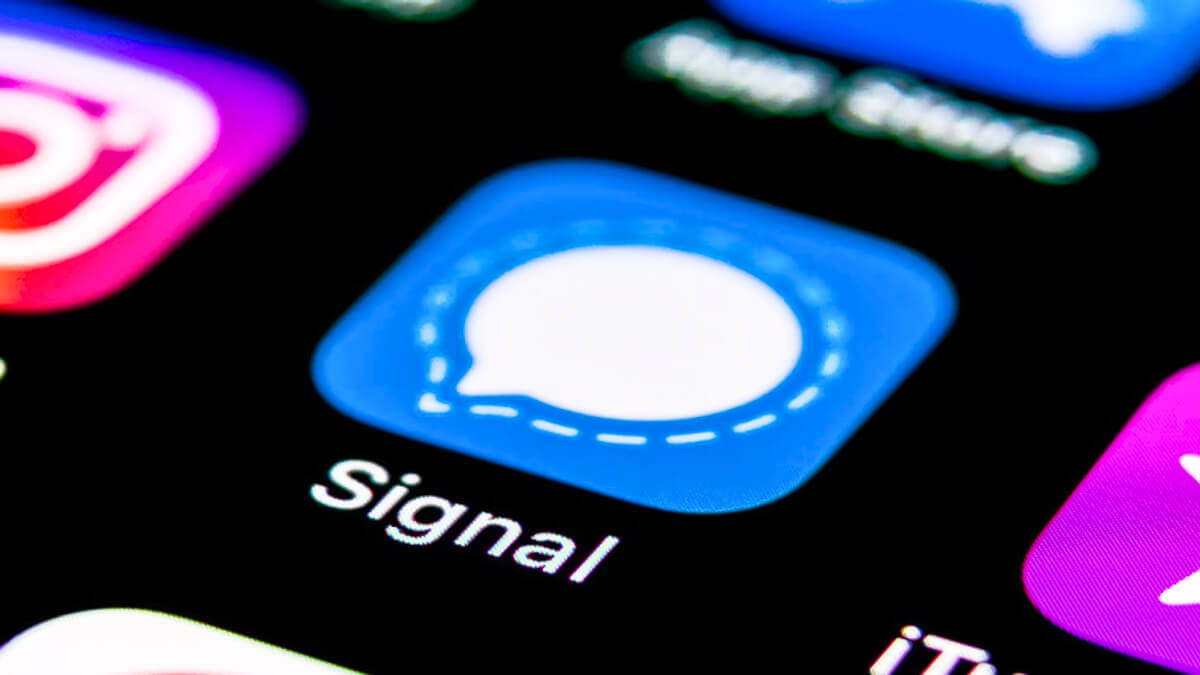Signal should change this, but it’s typical of the traditional desktop OS security model in which applications running under the user’s account are considered trustworthy. Security-oriented software like Signal should take a more hardened approach, but this is not some glaring security hole.
That’s what I was thinking, my private keys are also chilling in plaintext on my filesystem.
With even email clients and web browsers running arbitrary and untrusted remote code on a regular basis, that model needs serious reconsideration.
This xkcd shouldn’t still be insightful. https://xkcd.com/1200/
Maybe its time to rethink desktop security. I realize that there is credential manager on windows, keychain on mac, and similar on gnu/linux; even with that it seems for a lot of services “all” you need to do is steal a cookie and all of a sudden you are someone else.
fuck no. It’s imbossible to be productive on an android or ios phone, where the os is hostile to you actually using it the way you want.
For an example of rethinking desktop security, see wayland in linux, and how ll accessibility programs now
don’tcannot possibly work.DeX mode: Am I a joke to you?
i do have and use that. But it’s still running android apps. which are designed for a touchscreen.
Termux is great though
seems to be the way both apple and MS are going.
End-to-end encryption stops being secure… at the end… Who would’ve thought
What a useless app decrypts messages on my own screen when I log in with my passwords & other protections/protocols just for me to read them?
No, ty, I’ll decrypt everything in my mind only, securely under a tinfoil protection device.
Under normal circumstances I wouldn’t expect any privacy between processes on a desktop OS under the same UID.
If you use Chrome’s password manager on Windows your password database is unlocked with your password upon login and is available to every process you run.
There’s only so much you can do, as an app, to protect against OS deficiencies.
The desktop app on Windows is a sacrifice of security for convenience.
deleted by creator
A pull request was made in April 2023 to implement Electron’s safeStorage API to address this problem, but there has been no follow-up from Signal
I hate hearing shit like this. What are they thinking?
They’re thinking “This doesn’t improve shareholder value, so we’re not going to put it on a sprint this quarter”, same as every other commercial piece of software does.
Also, this quarter becomes “ever” after about six months of it sitting in a backlog waiting.
Researchers were able to clone a user’s entire Signal session by copying the local storage directory, allowing them to access the chat history on a separate device
This has actually been useful for me in the past when reinstalling my OS lmao. In an ideal world we could reverify by entering a code from our phones to unlock the desktop local storage after moving it. My biggest wish for Signal is more seamless message history movement across devices and ecosystems. Fuck even proper back ups would be nice.
My biggest issue with Signal is it being so mobile-oriented. Mobile use seems to be encouraged, and even to register you are directly told to go to the mobile app (and if you register in a VM, you’re then stuck using it because it wants you to scan a QR code which is so easy to do in a VM!) No thanks, I don’t trust my mobile - they’re much harder to make private and “yours” than a desktop. Was it that hard to just add a field for entering the verification code in the desktop client? Sure, I did end up using signal-cli, but it is not mentioned anywhere officially. Point is about how the Signal itself tries to push you onto mobile.
I don’t trust my mobile - they’re much harder to make private and “yours” than a desktop.
Still mobile phones are designed with much more security in mind than desktop environments, and basically everybody has a device.
Security is not everything though, you need to balance it with privacy and independence as well. Which are, indeed, harder on Android.
Not having backups here on iOS stresses me out. I like using iOS beta updates, but knowing I’m one bad beta from having to restore my phone (where every other little thing except Signal is backed up and waiting) and lose my conversation history forever really bugs me.
Storing stuff as plain text is so hot right now.
I don’t see what the big deal is. I store all kinds of sensitive information in plain text. SSNs, credit card numbers, birthdates and religious and political affiliation information.
The guy I bought it all from said it was okay, he stores it in plain text, too. (I’m joking, of course! Any information about you all that I’ve bought on the dark web, I’m storing responsibly.)
phew!
I don’t care what you do with your data… As long as your being careful with my data.
I wonder where one can go to buy data about themselves.
I trust my computer and operating system. And there are several other keys and credentials stored on that laptop. I think it’s better for me to have a file that I can backup and understand how the encryption works, than to do some trickery to hide it mostly from me and maybe a bit from malware, or tie it to some hardware TPM device or something. I’m always not sure if I should rely on those too much.
There’s a desktop application?
Am I missing something? Hasn’t this been known for years now? I think they previously commented on this before.
At least convert it to wingdings or something.
Wingdings is a font so… it already is.
But surely if it was stored encrypted, it would still need a key to unlock that info. Which would be on your PC. And could therefore be used by anything else to unlock your data.
The only safe way would be encrypt it with a password that only you know, and you’d need to enter before getting back into the software. And there couldn’t be any “I forgot my password” function either. You lose it, the data is gone.
Why not password protect the keys (ala Linux ssh / gpg symmetric encryption for local storage of PPK)
Anyone who uses Windows can’t be that concerned with security in the first place.
I don’t understand the issue here.
Yes, you don’t understand that the story is about the Mac client and then later it was found out that Linux and Windows are equally affected. Did you even attempt to read it?
I told the guy I buy a certain thing that should be legal in this state from that trusting Signal is a bad idea and he should use some coded language if we were going use it. I do anyway, but I doubt that matters.
😳😬















